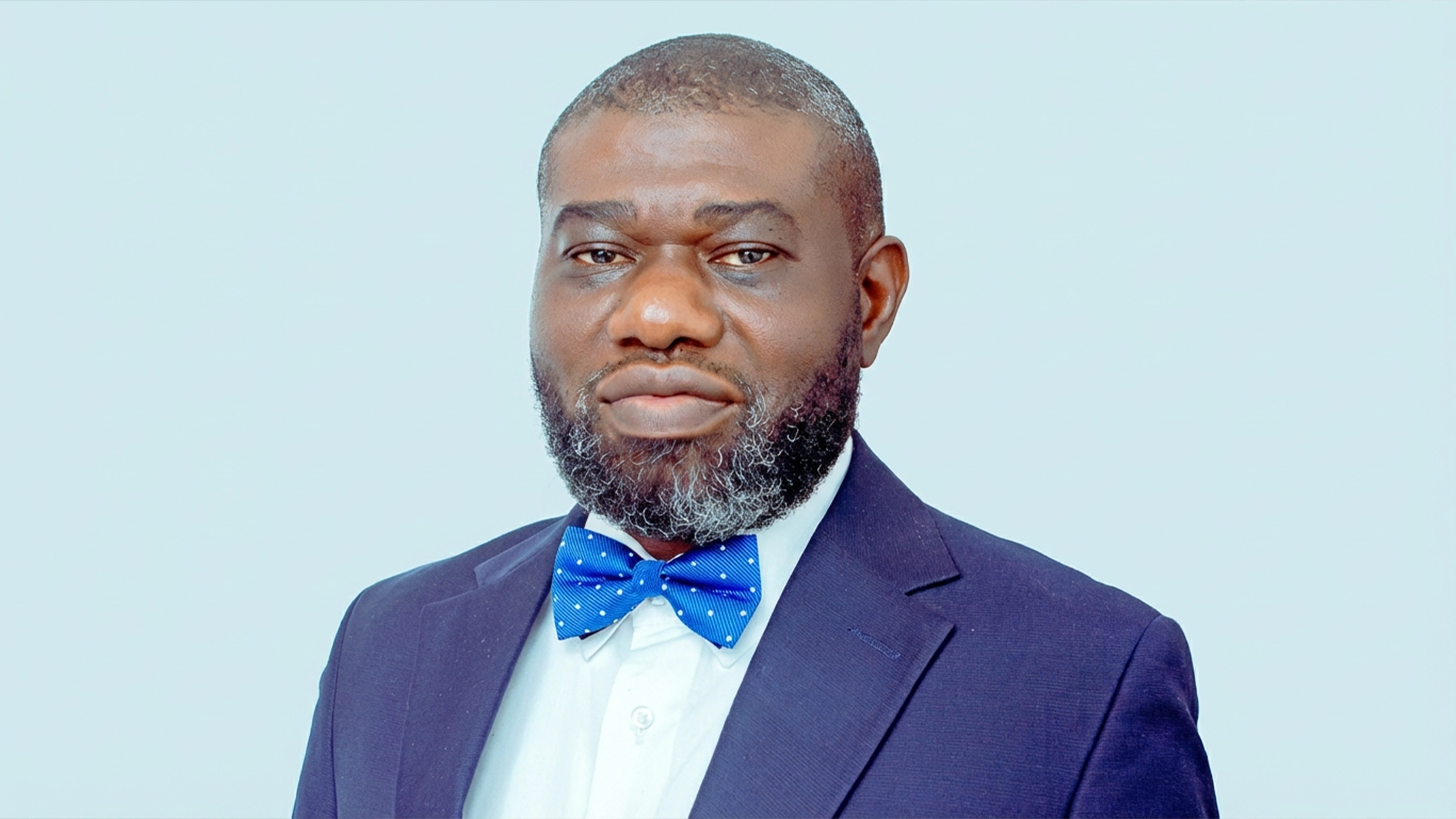In the complex tapestry of Nigeria’s economic landscape, the banking sector stands as a beacon of stability and profitability. Despite economic headwinds, Nigerian banks have consistently recorded substantial profits, even during periods of economic downturns, N1.07 trillion in 2022. This resilience, while commendable, has sparked discussions about the role these financial giants should play in national development, particularly in a country where infrastructure, healthcare, and education are in dire need of revitalization. A proposed windfall tax on banks could be a transformative approach to address these pressing needs, effectively redistributing wealth for the greater good of the nation.
In the spirit of the above argument, President Bola Ahmed Tinubu in a letter to the Senate urged them to amend the 2023 Finance Act to impose a one-time windfall tax on banks’ foreign exchange (FX) gains.
The new legislation is expected to tax the bumper incomes derived by banks last year from the revaluation of their foreign currency-denominated assets after a free fall in the value of the Naira caused a surge in the value of such assets when converted into the local currency.
According to the president, the tax will help “fund capital infrastructural development, education and healthcare access as well as public welfare initiatives all of which are essential components of the Renewed Hope Agenda.”
No sooner had the president made his move than a section of stakeholders opposed it including Bank Directors and some Shareholders Associations. This is even as the Association of National Accountants of Nigeria (ANAN) and the Chartered Institute of Taxation of Nigeria (CITN) give thumbs up to the proposal. But the windfall tax is a welcome development for various reasons although we will dwell on the developmental advantages in this article.
Understanding the Windfall Tax
A windfall tax is a levy imposed by the government on companies that have benefited from economic conditions that have allowed them to realise profits far exceeding the norm. In Nigeria, the proposal for a windfall tax on banks stems from the robust profits these institutions have been generating, often at a time when other sectors and the general populace are grappling with economic challenges. The idea is to tap into these extraordinary profits and channel the revenue towards national development projects.
The Rationale Behind the Windfall Tax
Nigeria’s banking sector has consistently reported significant profits. For instance, in 2022, “twelve of the major Deposit Money Banks quoted on the Nigerian Exchange posted an aggregate profit after tax of N1.07 trillion, representing a 6.4 percent increase when compared to N1.01 trillion recorded in the previous year”, according to a Nairametrics report.
This profitability is largely driven by a combination of factors, including high interest rates, fees on electronic transactions, and foreign exchange trading, among others.
While these profits are commendable from a business perspective, they present an opportunity for the government to consider how a portion of these earnings could be redirected to benefit the wider society. The windfall tax could serve as a tool to bridge the gap between the banking sector’s profitability and the dire need for improved public services and infrastructure across Nigeria.
Redirecting Revenue Towards Critical Infrastructure
One of the most glaring challenges Nigeria faces is its inadequate infrastructure.” Experts say Nigeria needs between $100 billion and $150 billion annually over the next 30 years to close its infrastructure deficit. Dataphyte estimates it at $2.3 trillion, and Agusto & Co, and the World Bank at $3 trillion”, says a Punch report of September 18, 2023.
These are astronomical figures, especially considering the nation’s current fiscal constraints. The revenue generated from a windfall tax on banks could provide a much-needed boost to infrastructure financing, potentially transforming the country’s roads, bridges, railways, and power supply systems.
Also, Nigeria’s transportation infrastructure is in desperate need of improvement. The country’s road network, which spans over 195,000 kilometres, is mostly in poor condition, with only 15-18% considered to be in good condition. Poor road infrastructure not only hampers economic activities but also contributes to high transportation costs and road accidents. By directing windfall tax revenue towards road rehabilitation and expansion, Nigeria can significantly reduce these issues, fostering smoother and more efficient transportation across the country.
Similarly, Power generation and distribution in Nigeria have been perennial problems, with the nation currently generating only about 4,000 megawatts of electricity for a population exceeding 200 million people. This power deficit has stifled industrial growth and impeded economic development. Revenue from the windfall tax could be allocated to expanding power generation capacity, upgrading transmission infrastructure, and promoting renewable energy projects. By addressing the power supply issues, Nigeria could unlock significant economic potential, leading to job creation and industrial growth.
In addition to the catalogue of developmental problems, Nigeria’s rail network, though extensive, is outdated and underutilised. A modern, efficient rail system could significantly reduce the burden on road transportation, lower the cost of goods transportation, and connect more regions of the country economically. Investing windfall tax revenues in modernising and expanding the rail network would provide a more efficient and sustainable transportation option for both people and goods, stimulating economic activities in regions currently underserved by infrastructure.
Transforming Healthcare with Windfall Tax Revenue
The healthcare system in Nigeria is in a state of disrepair, characterised by inadequate facilities, a shortage of medical personnel, and poor access to essential medicines. The World Health Organization (WHO) reports that Nigeria has one of the highest maternal and infant mortality rates globally, a stark indicator of the healthcare challenges the country faces.
One of the most critical needs in Nigeria’s healthcare system is the improvement of healthcare infrastructure. Many hospitals and clinics lack basic amenities and are often overcrowded. Windfall tax revenue could be used to build new hospitals, particularly in rural and underserved areas, and upgrade existing ones. This would improve access to quality healthcare services for millions of Nigerians and reduce the need for medical tourism, where Nigerians seek treatment abroad due to inadequate local facilities.
It is common knowledge, even disheartening, that Nigeria’s healthcare sector suffers from a severe brain drain, with many doctors and nurses leaving the country for better opportunities abroad. The windfall tax revenue could be used to improve the working conditions, salaries, and benefits for healthcare workers, making the sector more attractive and retaining talent within the country. Additionally, investing in medical education and training can ensure a steady pipeline of qualified healthcare professionals to meet the country’s needs.
Since using it as part of a rallying call of the need for change, in 1983 by Regime Changers, access to essential medicines remains a significant challenge in Nigeria, especially in rural areas. Many Nigerians are unable to afford necessary medications, leading to preventable illnesses and deaths. By using windfall tax revenue to subsidise the cost of essential medicines and improve distribution networks, the government can ensure that more Nigerians have access to the medications they need, regardless of their economic status.
Elevating Education Through Strategic Investment
Education is a cornerstone of national development, yet Nigeria’s education system faces numerous challenges, including inadequate funding, dilapidated infrastructure, and a high rate of out-of-school children. The United Nations Educational, Scientific and Cultural Organization (UNESCO) estimates that over 9 million Nigerian children are out of school, making it the country with the highest number of out-of-school children globally.
The infrastructure in many Nigerian schools is in deplorable condition, with many students learning in overcrowded and poorly equipped classrooms. Windfall tax revenue could be allocated to building new schools in underserved areas and renovating existing ones. This would create a more conducive learning environment, encourage school attendance, and reduce dropout rates.
Also, teachers are the backbone of the education system, yet many Nigerian teachers are underpaid and lack adequate training. By investing windfall tax revenue in teacher training programmes and improving compensation, the government can attract and retain qualified educators, thereby improving the quality of education. A well-trained and motivated teaching workforce is crucial for producing the skilled professionals needed for national development.
Although the government has introduced the Education Loan Fund to alleviate the cost of higher education, it remains out of reach for many due to high costs and limited availability of spaces in universities and colleges. Windfall tax revenue could be used to expand access to higher education by building more institutions, offering scholarships, and supporting vocational training programmes. By increasing access to higher education, Nigeria can develop a more skilled workforce, capable of driving innovation and economic growth.
The Broader Impact on National Development
The implementation of a windfall tax on banks and the strategic redirection of the revenue generated towards infrastructure, healthcare, and education as discussed above, can have far-reaching effects on Nigeria’s national development. These investments would not only improve the standard of living for millions of Nigerians but also create a more stable and prosperous nation.
Investments in infrastructure, healthcare, and education are catalysts for economic growth. Improved infrastructure reduces the cost of doing business, attracting both local and foreign investments. A healthier population is more productive, and a well-educated workforce drives innovation and competitiveness. These sectors also directly create jobs, from construction workers building new roads and schools to teachers and healthcare professionals delivering essential services.
Nigeria is a country of stark contrasts, with significant wealth disparities between different regions and social classes. By redistributing wealth through the windfall tax and investing in public services, the government can reduce these inequalities, fostering social cohesion. When more people have access to quality education, healthcare, and infrastructure, the benefits of economic growth are more widely shared, reducing poverty and social tensions.
Underdevelopment and poverty are often root causes of insecurity. In regions where people lack access to basic services and economic opportunities, there is a higher likelihood of social unrest and conflict. By investing in development through windfall tax revenue, the government can address some of the underlying causes of insecurity, promoting peace and stability across the country.
This approach is not without challenges, including potential pushback from the banking sector and the need for transparent and efficient management of the tax revenue. However, the potential benefits far outweigh the risks. With careful planning and execution, the windfall tax could be a powerful tool for transforming Nigeria’s development landscape, ensuring that the prosperity generated by the banking sector contributes to the nation’s broader economic and social goals.
Francis Nnanyelu, a Public Affairs Analyst, writes from Abuja







